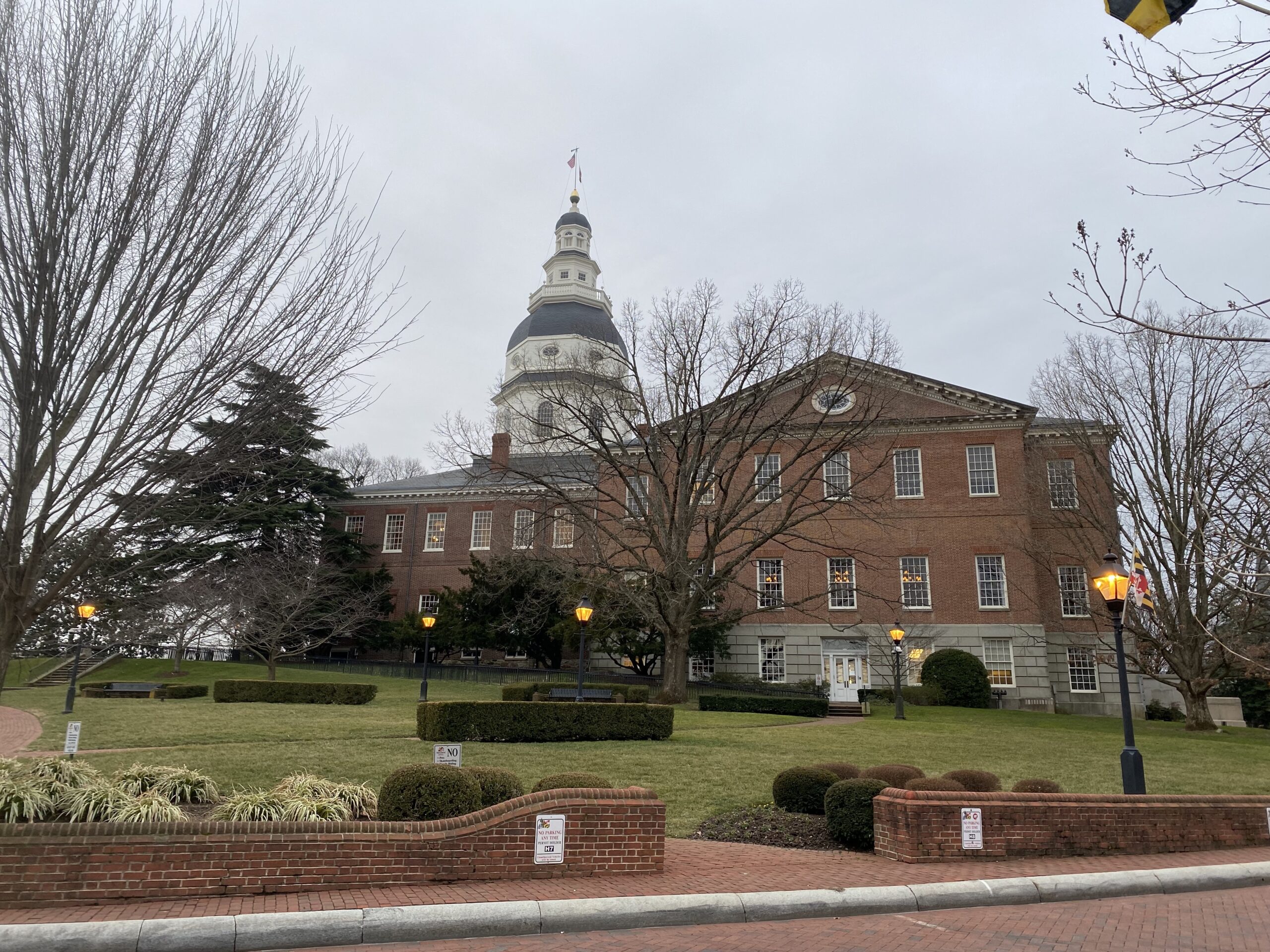ANNAPOLIS, Maryland — Gov. Wes Moore’s plan for a year of service for the state’s youth began to take shape this week with the introduction of a bill to establish and fund the program.
HB 546, the Serving Every Region Through Vocational Exploration Act of 2023, was introduced Thursday. It marks the next step in Gov. Moore’s goal of making Maryland a state of service and lays out the expectations for participants, as well as administrators.
Moore’s goal is to provide recent high school graduates and others with similar education levels with service placements as an alternative to attending college or starting a career. Participants would receive job training and mentoring, as well as $15 an hour for a minimum of 30 hours per week.
The bill has broad bipartisan support with 68 Democrats and three Republicans signed on.
“It’s probably not for every child or every family, but it might be for kids that don’t really know what they want to do,” said Del. Susan McComas, R-Harford, one of the bill sponsors. “This is an opportunity to explore, and in basically a safe environment.”
Program participants will be expected to carry out the duties of the employers they are placed with and any service training that comes with their positions. There will also be program-wide events focused on networking and using state resources to further their future goals.
“It gives you a lot of different exposure to different trades,” McComas told Capital News Service.
On his first full day in office – a sign of its importance to the administration – Moore signed an executive order creating the Maryland Department of Civic and Service Innovation, which would oversee the administration of the program, to make a service year option available to young Marylanders.
“While our young people give back, they also lay the foundation for their future success through job training and mentorship programs, and create a lifelong habit of service to our state. Something we so desperately need,” said Moore in his State of the State Wednesday. “Whether they’re preparing our state for climate change, tutoring our students, or caring for the sick, young people should have the option to perform important service today and build a foundation for our shared future.”
The new department is in charge of designing the program, administering the application process, identifying nonprofits to work with the program, creating a statewide network of participants and promoting the program to both potential participants and potential employers.
The program’s three key focus areas are climate, education, and health.
Vincent DeMarco, president of Maryland Healthcare for All, said it was great that those were the areas being prioritized within the new service program.
“We have not had a chance to review the bill yet, but we support anything that gets more people — particularly young people — involved in health care services. There is a dire need for more people in health care services. …So anything that does that would be great. And we commend Gov. Moore and Lt. Gov. (Aruna) Miller for this proposal and for including health care.” DeMarco told Capital News Service Friday.
According to the Act, there is a goal of 200 participants in its first year, and 2,000 participants by the fourth year of implementation. The hope is that this program will encourage participants to end up working for state and local governments, addressing staffing issues that Moore has also identified as a priority for his administration. The state has as many as 6,000 unfilled positions now.
While House Speaker Adrienne Jones introduced the bill on behalf of Moore’s administration, as routine procedure, 71 delegates sponsored the legislation as well, including three Republicans – demonstrating Moore’s commitment to bipartisanship.
“At a time when civic bonds are frayed, where many feel more disconnected from their neighbors than ever before, service is the antidote to the epidemic of loneliness and otherness,” Moore said. “Service is how we re-engage our people in the project of forming a more perfect state.”
The bill will be heard in the House Appropriations Committee at 1 p.m. on Feb. 21. If passed, the bill will go into effect on July 1.

